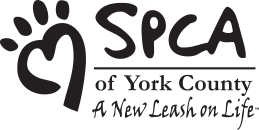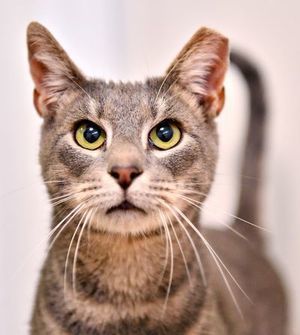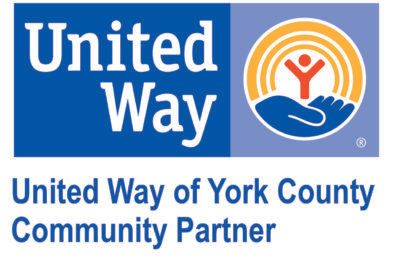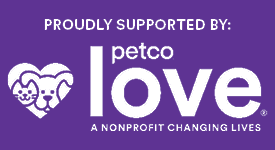Let's talk about community cats.
Who are they?
Community cats are free-roaming, outdoor cats who do not have a specific owner. Community cats are not like pet cats. They are born outdoors, and they live and thrive outdoors. Also called feral cats, they do not have the same level of socialization and domestication of a house cat, and they are sometimes not friendly towards people. They live in their outdoor homes with their feline families, also called colonies, as opposed to being someone’s owned pet.
If you find an adult, outdoor cat who does not want to be handled by humans, then that cat is most likely a community cat, and they can survive and thrive outdoors.
Why should they be outdoors?
You may be thinking, “Why can’t the cats be adopted and socialized?” When a kitten is born outside, if they are not surrounded by and socialized with humans during the first eight weeks of life, then the kitten will most likely become a feral adult cat who is afraid of human contact. These cats are not suitable house pets. Humans can feed them by setting up a feeding station, provide an outdoor shelter for the cats, or try to intervene if they become ill or injured. We recommend all of these actions. We do not recommend trying to bring a community cat inside your home if they are happy and thriving outdoors. Attempting to force community cats to become domesticated house pets does not typically work, and it poses the risk of injury to both the cat and the human.
What is the solution?
There is a much more effective and humane way to handle the community cat population, and that is through a TNR (Trap-Neuter-Return) program. It involves trapping the cats in a humane trap, bringing them to our low-cost Spay/Neuter Clinic to be spayed/neutered and vaccinated, and then releasing them to their outdoor home, the area where they were trapped. This helps stop rapid population growth, cuts down on nuisance behaviors associated with cats (spraying, yowling, territorial fighting), and makes them safer for the community by being vaccinated against rabies.
Intake Policy
Read our Managed Shelter Admissions Policy below to learn about our intake procedure.









